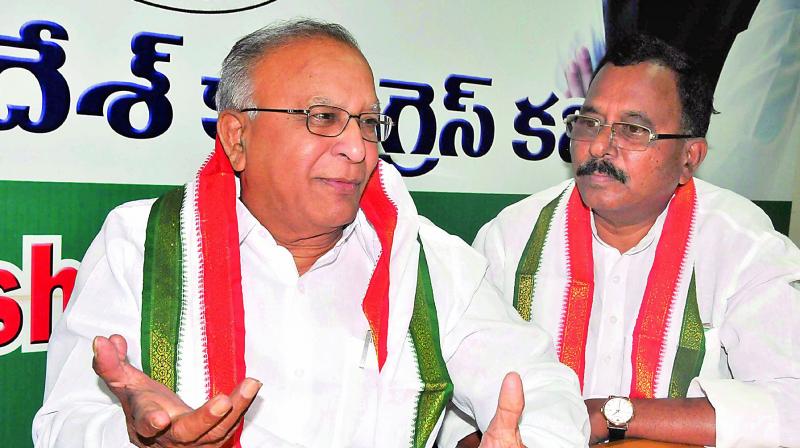Hyderabad: A leader who had guts to take on biggies
The lasting image of Sudini Jaipal Reddy then would be one of a diminutive bespectacled man with a booming voice and word-perfect English.

Hyderabad: Former Union minister S. Jaipal Reddy was one of the few ministers who took on powerful industry figures like Reliance Industries chairman Mukesh Ambani and News Corp. chairman Rupert Murdoch.
After he was inducted as petroleum minister in 2011 after the Comptroller and Auditor General found fault with the government for being lax on the falling output of RIL’s Krishna-Godavari D6 gas blocks. Jaipal Reddy strictly followed the rulebook which made RIL lose 37 per cent of its valuation in just one year, i.e. 2011.
Jaipal Reddy transferred officials who were considered to be “soft” on Reliance Industries out of the oil ministry. Under his watch, petroleum secretary G.C. Chaturvedi refused to meet RIL’s oil and gas vertical chief P.M.S. Prasad when he arrived at the office without prior appointment.
He took a slew of measures against the oil giant. He refused to clear RIL’s annual budget for development of KG-D6, refused mid-term price revision of gas from KG-D6, delayed implementation of the RIL-BP deal, refused commercial certificate for RIL’s NEC block in Mahanadi basin.
He also rejected RIL’s request for extension of exploration in Cauvery block, refused to accept RIL’s coal-bed methane pricing mechanism and ordered a probe into the sale of condensate from KG-D6 to RIL’s Jamnagar refinery.
Finally, he slapped a fine of Rs 7,000 crore on Reliance Industries for lower gas output from KG-D6 oil wells. This step alienated RIL bosses from the Congress government. He was later transferred to the ministry of science and technology, triggering a storm of protest. It was widely speculated that he had been shifted for taking on Reliance.
He had rich experience in taking on major figures. In 1997, he effectively blocked News Corp’s Rupert Murdoch from occupying the Indian satellite television space by banning Direct to Home (DTH) television in India. Despite Mr Murdoch’s attempts to win over him, he remained steadfast on the ban at a time when Indian entrepreneurs were not ready to compete with News Corp’s deep pockets and global might.
A believer in Keynsian economics, he was the one who granted autonomy to Doordarshan and All India Radio by implementing the Prasar Bharati Act, almost seven years after it was enacted.
The lasting image of Sudini Jaipal Reddy then would be one of a diminutive bespectacled man with a booming voice and word-perfect English, taking on the high and mighty and not for once allowing a stain on his spotlessly clean record.
But then fighting the odds was second nature to him, having battled the after-effects of a polio infection when he was one and a half years old. If anyone noticed that he was using crutches, it was only incidental.

